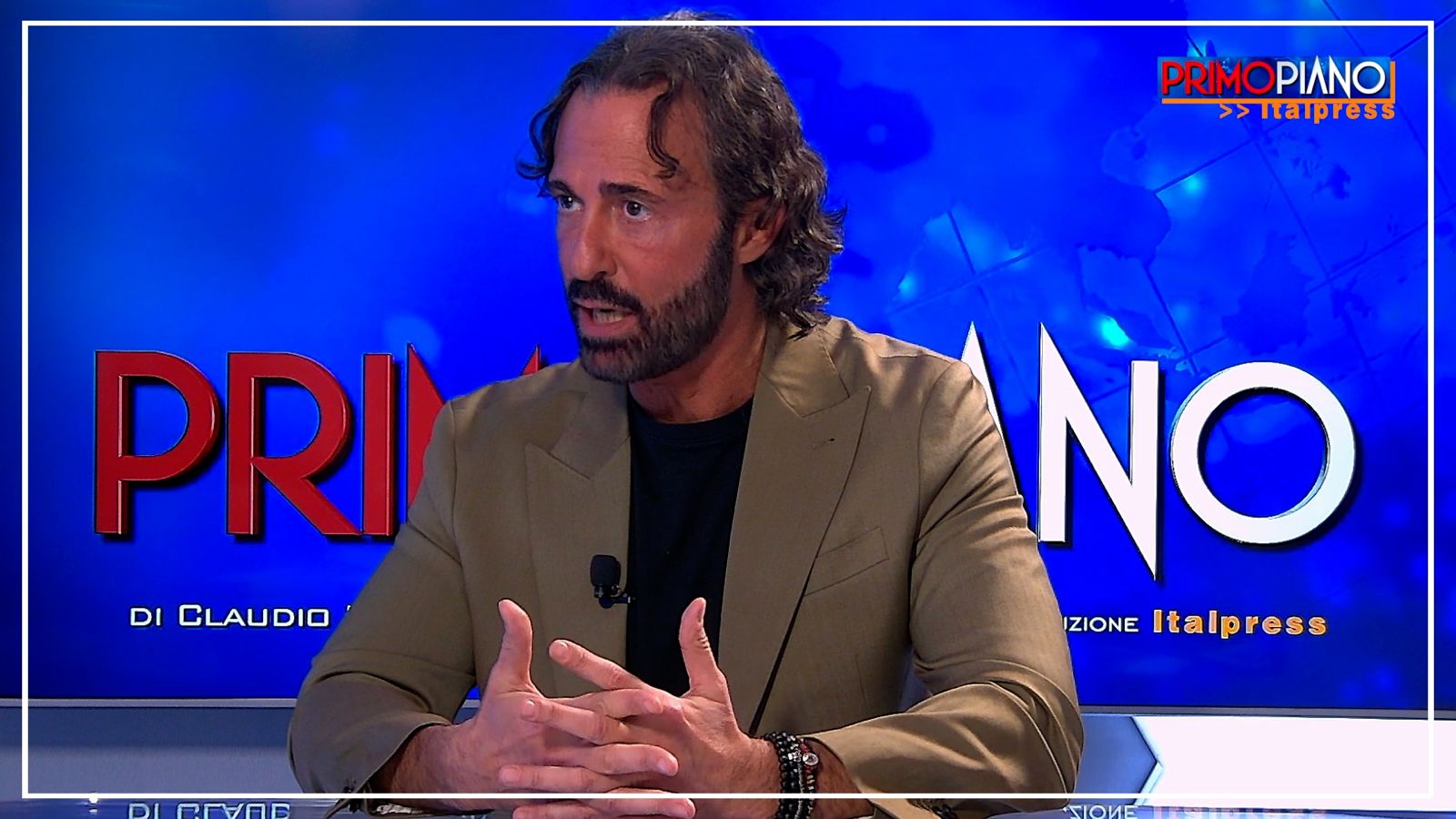ROME (ITALPRESS) – “I come from a world that is not right-wing, but the topic should be addressed regardless of who proposes it: I am in favor of democratic alternation, I don’t understand the fear for the premierate from where it may come. We need to think about reforms that give stability to democracy: in recent years there have been a myriad of governments and the average duration was two years, in such a short period it is normal for a project not to be completed. Stability means welfare for all, economy that is doing better, investors coming to Italy.” So says journalist and author Walter Rodinò, author of the book “Premierate. Democracy without ifs and buts,” published by Frascati&Serradifalco, interviewed by Claudio Brachino for the Primo Piano column of the Italpress news agency.
For Rodinò, the reform does not depotentiate the role of the head of state: “The figure of the president of the Republic remains the guarantor of the Constitution, there will only be direct election of the prime minister and the possibility of direct dissolution of the Chambers. I also recall in the book that a stronger form of premierate, namely semi-presidentialism, was addressed by a leftist constitutionalist like Cesare Salvi: premierate is the highest form of democracy and has nothing to do with Trump’s presidentialism or Macron’s semi-presidentialism.”
Thanks to the premierate, Rodinò continued, “citizens will be able to choose who will govern them in the following years, so freedom is not only not touched but is enhanced: since the 1990s a current of thought has developed that the people do not understand and must be guided like a child, I am instead convinced that today citizens, also thanks to the web, are excellently informed to be able to freely choose who will govern them. The Internet has certainly increased our ability to read political reality: the web can be very dangerous, but it has allowed a freedom of expression that was unimaginable a few years ago.”
Within the book there is no shortage of historical excursus and attempts to bring past and present together: “Many Italians I think regret the politicians of the first Republic, despite Tangentopoli, because they had charisma and were personalities who gave something more than what a voter asked of them. The high point reached in the book is the meeting between Almirante and Berlinguer: they met to discuss democracy in the country, which at the time was under the thrall of terrorism. They were two huge personalities who had an equal opportunity to confront each other. Today there are so many parties that in the end they all behave the same way and things are done almost without the knowledge of the people, by an oligarchy. For the last 30 years all political forces have been flaunting change as necessary, but this has now become a fetish word.”
-Photo Italpress-.
(ITALPRESS).

